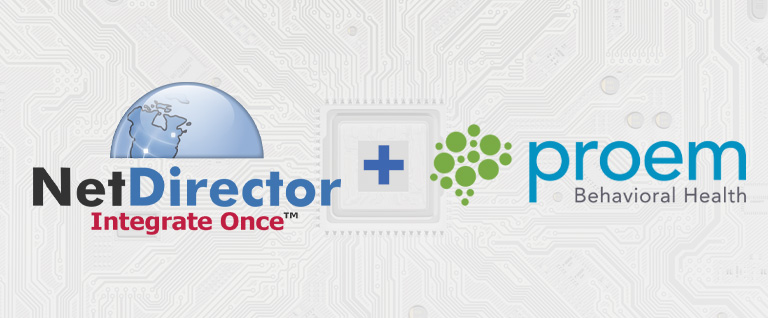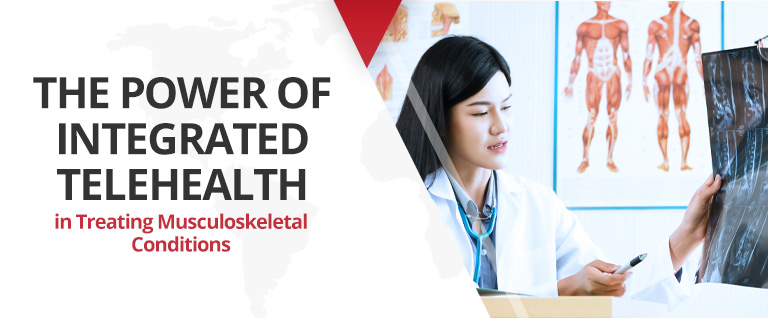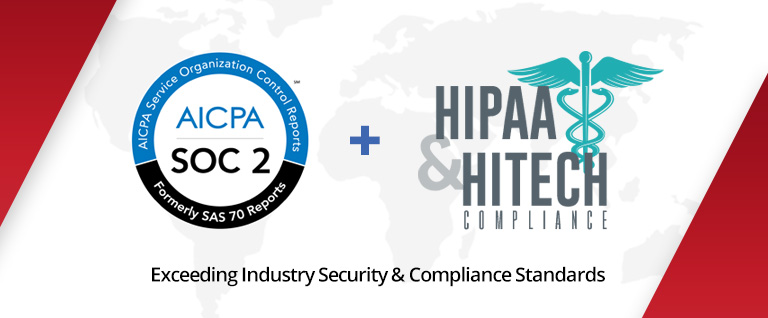Ransomware, a treacherous malware exploit that encrypts victims’ data or prevents access to their devices, netted cybercriminals an estimated $1 billion in 2016.
Data-related extortion attacks on businesses rose three-fold during the first nine months of last year, equating to one every 40 seconds. Two-thirds of those hit by ransomware lost all or part of their corporate data and one-quarter spent weeks trying to restore access, according to Kaspersky Labs, a data security firm.
Perhaps even more alarming is a predicted shift from chaotic and sporadic ransomware incidents to steadier assaults in higher volumes. “There is no such thing as a low-risk sector anymore,” Kaspersky’s research warned.
Healthcare, with 16 percent of organizations having been hit by ransomware, ranks in the top 10 among targeted industries.
High stakes for healthcare
Hospitals and health systems, as HIPAA covered entities, must adopt safeguards to ensure the confidentiality, integrity and availability of electronic protected health information (ePHI). The Department of Health and Human Services’ Office for Civil Rights (OCR), which enforces HIPAA, issued guidance in 2016 presuming a breach in the event of a ransomware attack involving ePHI. In other words, it’s up to the provider organization to prove that a breach did not occur by demonstrating low probability that ePHI was not compromised.
Nonetheless, many organizations remain non-compliant or take a stance of “calculated non-compliance.” That means they deem any potential fine to be cheaper than the reporting costs or technical resources needed to investigate incidents to OCR’s satisfaction, according to James Scott, senior fellow at the Institute for Critical Infrastructure Technology.
All the same, providers should be concerned whether ePHI is properly encrypted and adequately protected against compromise by ransomware. And from a system-wide perspective, additional safeguards should include proper use of passwords, removal of outdated software and unauthorized apps, adherence to regular backup procedures, and educating users not to open attachments or click links from unknown senders. Additionally, operating systems, browsers and antivirus programs should be updated to the latest version on all devices.
Also worth noting: Security shortfalls may be present in system integrations written in-house or by contracted developers.
In any event, “negligence gives cyber criminals the incentive to continue to launch ransomware attacks,” notes security website CSO.
And — as if on cue — a newly discovered form of ransomware may be released this month, reports TechRepublic. The malware, known as RedBoot, not only encrypts files but also permanently repartitions hard drives, rendering data unrecoverable. The alert advises businesses to back up workstations to some form of network or cloud storage, refresh all antivirus software definitions, and train users to avoid phishing scams.
A big ask
Hospitals have their hands full providing the best care possible for patients, around the clock, every day of the week. In that light, they shouldn’t be expected to shoulder the entire load of locking down data against an ever-expanding array of intruders.
Networking companies such as NetDirector have the expertise and capabilities needed to properly secure and integrate healthcare data. All of our certifications and processes (e.g., HIPAA and SOC2) are maintained above industry standards in a fully redundant, cloud-based platform. Healthcare clients put their trust in NetDirector to securely handle more than 10 million data and document transactions per month.
Although ransomware and related intrusions are real concerns, NetDirector stands ready to consult and assist in hardening defenses across the healthcare ecosystem.
For more information, please contact us or request a free demo.




